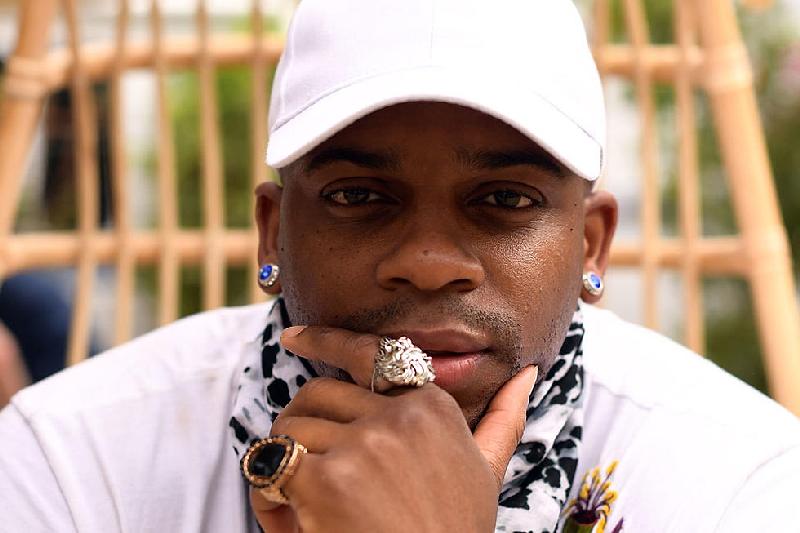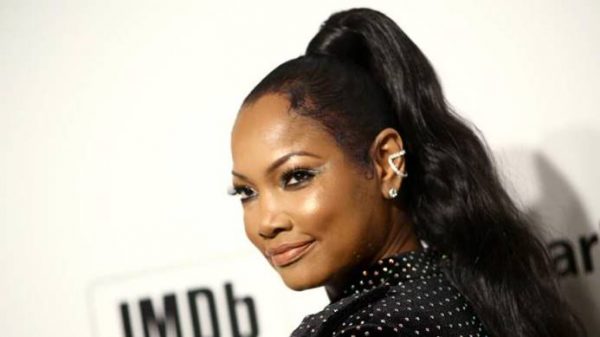Attorney Antonio Moore speaks about the recent NFL anthem protest by Colin Kaepernick and other NFL players highlighting racial oppression. Moore critiques whether a boycott can work, and whether the NFL itself is the problem altogether. In his piece on Kaepernick and NFL protest Moore give a deep analysis on the problem with any political statement coming from NFL players on the systemic issues faced by black families
The rise of the black male sports figure and his million-dollar contract produced a safe haven, where blacks found a sense of pride and hope. Somehow, an alternate reality was created in which America found comfortability in the sight of jovial black men playing and loving the sport — all while cashing in the big checks. That imagery perpetuated the deceptive notion that far less black Americans were crippled under the historical weight of a country that had, over time, legally mandated so many financial obstacles in the way of their achievement.
As half of the 20 million black households in America see their median net worth hover around $1,700.00 when you deduct the family car and other consumer durables, the imagery we often see in sports and entertainment — black men living lavishly — has made black America’s struggles ever more difficult to see as the real economic story. Whether we look to mass incarceration, chronic unemployment, dismal college graduation rates, or any other social indicator, it’s clear that African-Americans, and in particular black men, are not getting their fair shot at the American Dream.
Since the early 1980s and the introduction of Reaganomics, the crack cocaine epidemic and a slew of racially-biased laws, African-American men have found themselves largely living life as the underclass. Yet it is behind the decadent veil of the NFL and other sports organizations that the false narrative that the struggle for socio-economic stability had somehow subsided has been projected.
We Publish News 24/7. Don’t Miss A Story. Click HERE to SUBSCRIBE to Our Newsletter Now!





